
Louis Armstrong’s voice could melt a room, and his trumpet could lift hearts halfway across the world. To millions, he was a living expression of joy with unmatched brilliance. But behind the iconic image was a man who carried more hardship than his audiences ever imagined. His life was a mix of dazzling triumphs and private battles, with moments so complex they could have silenced a lesser spirit. Let’s look at the incidents that shaped the resilience of the most celebrated musicians in history.
A Childhood Marked By Poverty
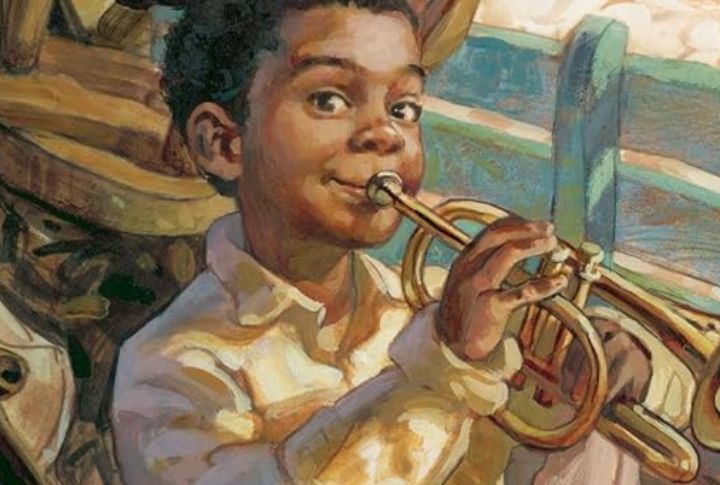
Born in a poor New Orleans neighborhood nicknamed “The Battlefield,” Armstrong grew up surrounded by crime and hunger. His father abandoned the family, and his mother struggled to provide for them. Those early hardships fueled his determination to rise above his circumstances through music.
Time In A Reform School
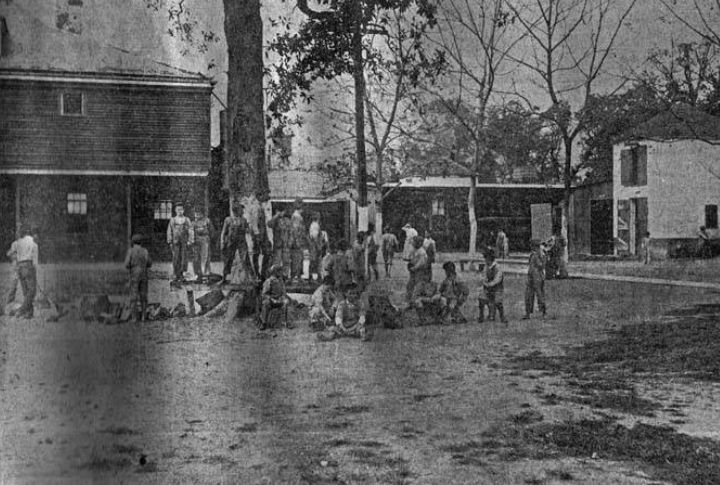
At 11, Louis was arrested for firing his stepfather’s gun during a New Year’s Eve celebration. Sent to the Colored Waif’s Home for Boys, he found discipline and learned the cornet. It was a life-changing moment born from hardship and one that would define his musical path.
Enduring Racism Throughout His Career
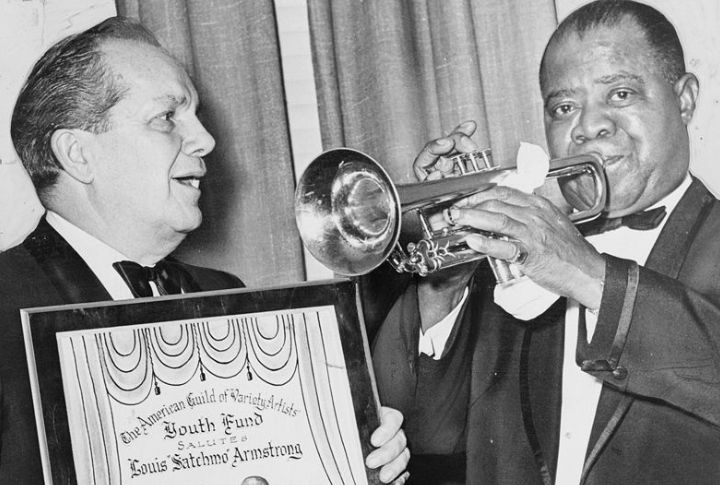
Even at the height of his fame, Armstrong faced the sting of segregation. He often had to enter venues through back doors or stay in subpar hotels. His success didn’t shield him from discrimination, but it did give him a platform to challenge racial injustice quietly.
Health Struggles From Relentless Touring
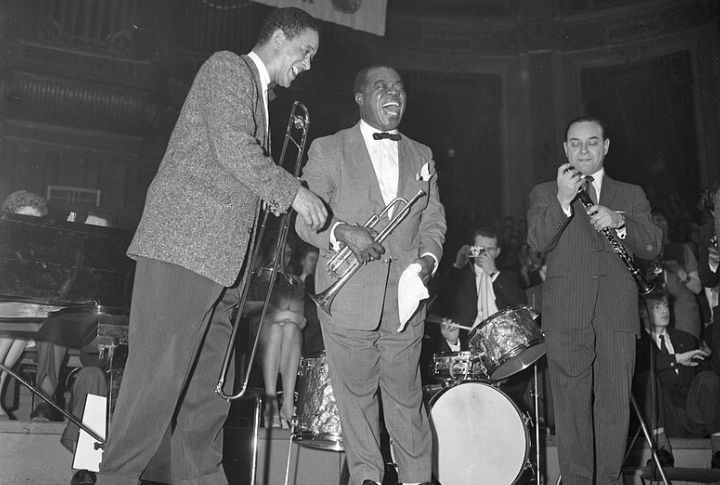
Louis’s punishing schedule left little time for rest. Decades of constant performing took a toll on his health, which led to heart and kidney issues. Still, he rarely canceled shows, pushing himself to give audiences the joy he wished he’d had in his youth.
Criticism From Fellow Black Musicians
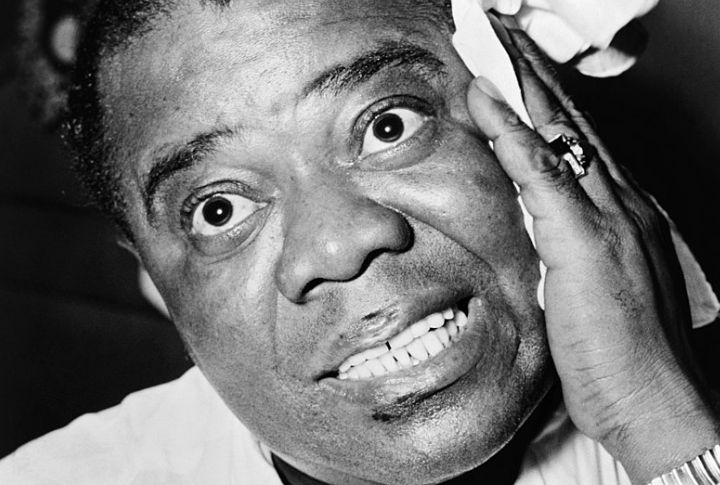
Some African American peers accused Armstrong of playing into stereotypes with his broad smile and comedic persona. They felt he wasn’t outspoken enough against racism. Louis, however, believed his music and success were his protest, even if the criticism stung deeply.
Exploited By The Music Industry
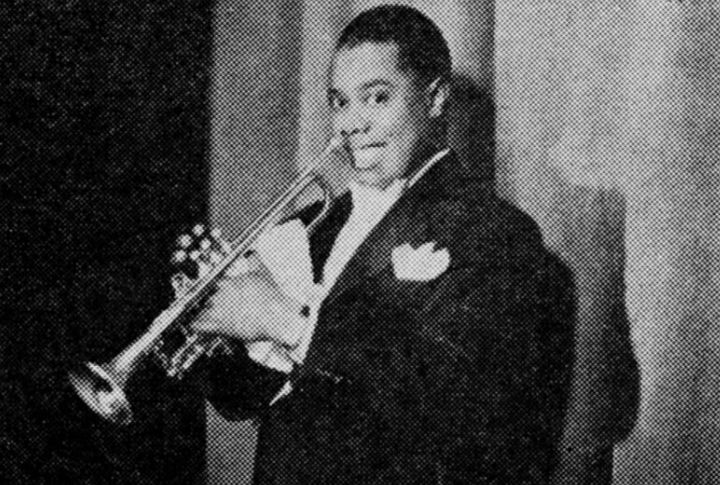
Louis’s charm and talent made record labels millions, yet he often saw only a fraction of the profits. Early contracts were exploitative and mercilessly locked him into low royalties. While his music changed jazz forever, financial fairness was a battle he never fully won.
A Rift With The U.S. Government
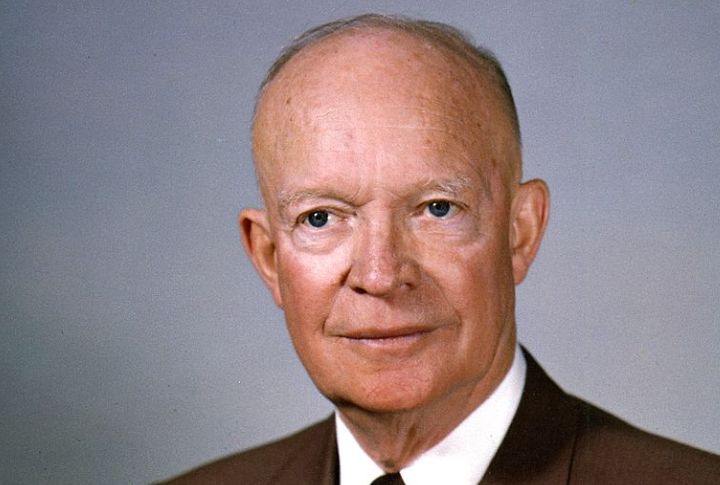
In 1957, the musician publicly criticized President Eisenhower over his handling of the Little Rock school integration crisis and called him “two-faced.” The bold move damaged his relationship with officials and cost him State Department tour offers, but it was a rare public stand he refused to regret.
Lip Injuries That Silenced His Trumpet
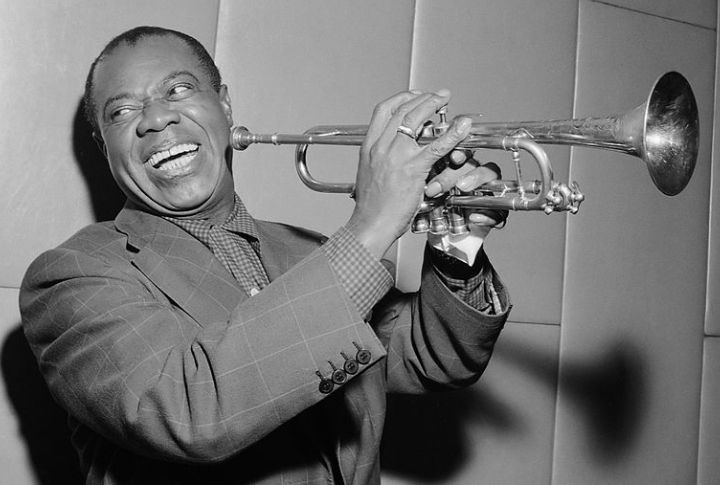
In the 1930s, Louis Armstrong’s grueling tour schedule led to serious lip damage, sidelining him from the trumpet for nearly a year. The setback hit hard, as his music was inseparable from his horn. Recovery came with a special salve, Ansatz, whose inventor granted him a lifetime supply.
Betrayal And Financial Hardship By Managers Abroad
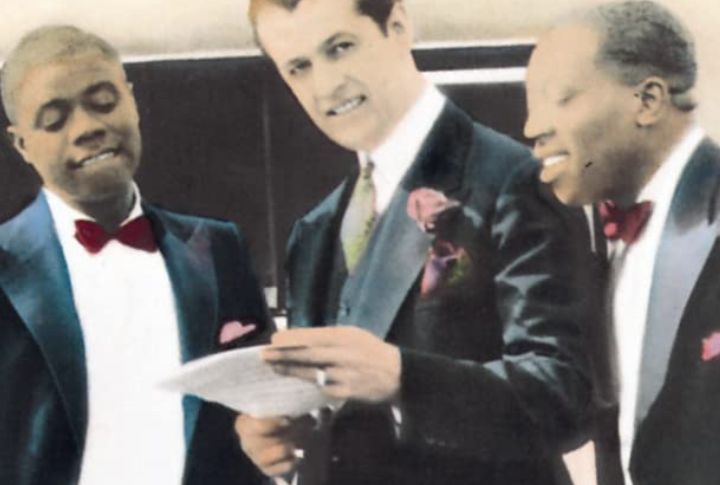
During his career, the musician faced significant betrayal from those he trusted most in business. While touring Europe, Armstrong discovered that his managers, Johnny Collins and N.J. Canetti, had been cheating him out of earnings. This left him stranded abroad, without sufficient funds or guidance.
Targeted By Mobsters Due To His Fame And Success
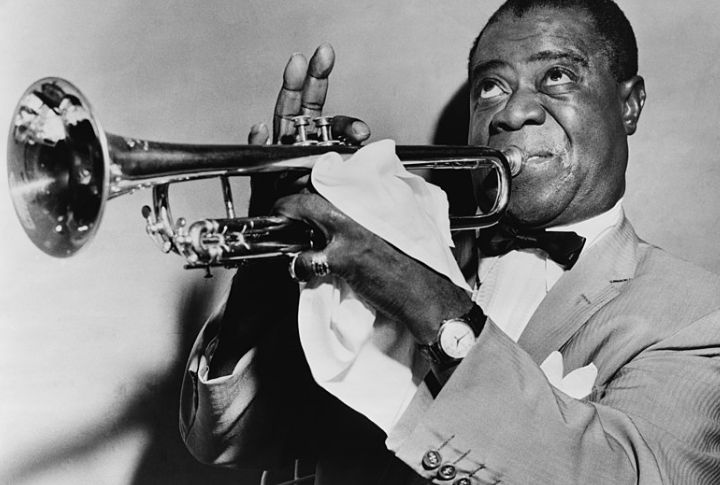
During the height of Prohibition and the Jazz Age, Louis Armstrong played regularly in Chicago’s famous clubs, many controlled by organized crime syndicates. His fame and the money he brought in made him a target, and he often faced threats from mob figures, turning what should have been thrilling gigs into a risky and tense work life.

